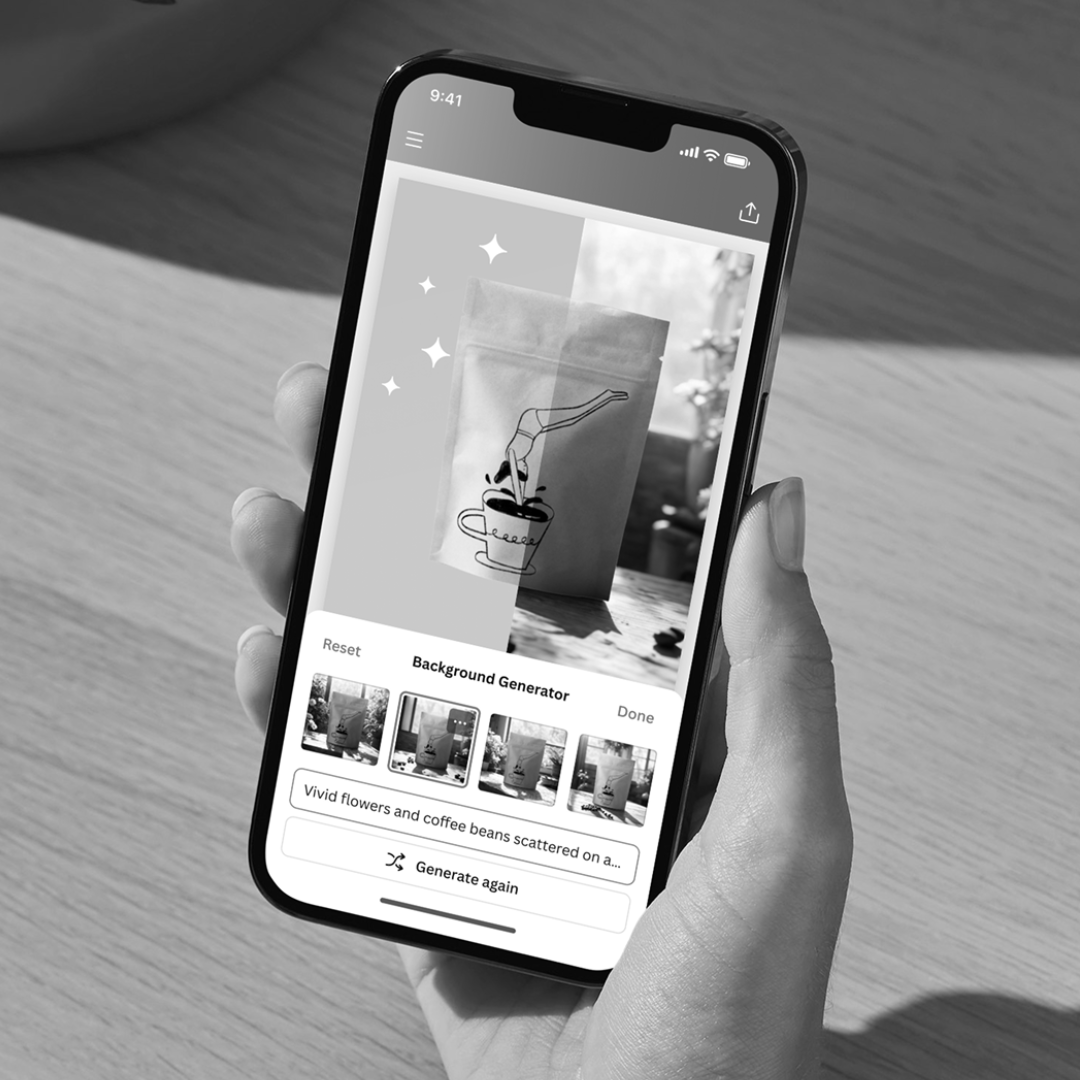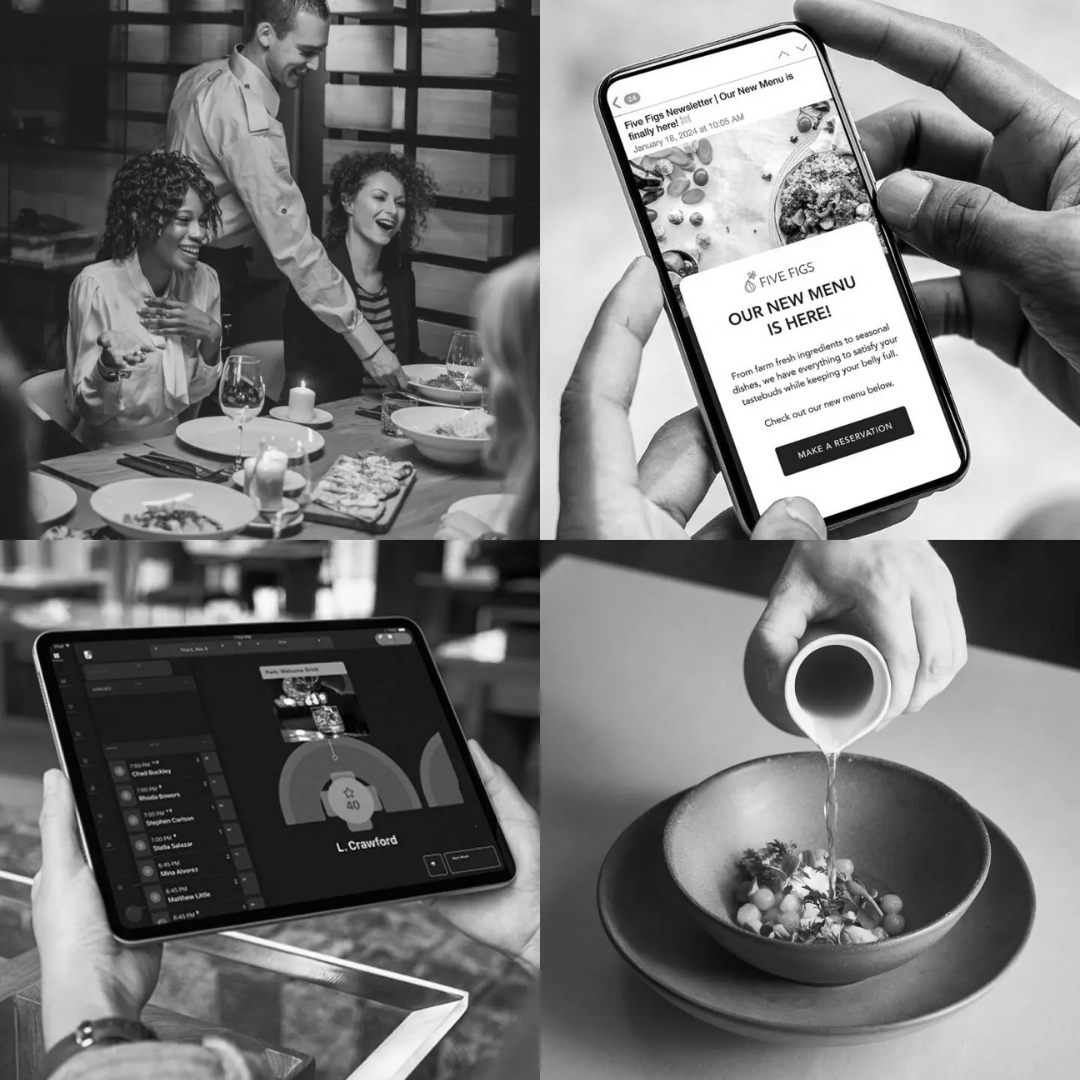Jessica Box

At Marketing Trends, we are discovering what drives Australia’s top marketers. Jessica Box is Head of Growth at Linktree, one of the fastest growing platforms in today’s marketing tech stack. Join us in this interview to learn what it’s like to be part of this “rocket ship”, as well as an active leader & Managing Director of Girls In Tech Australia.
Career & professional background
Jessica, how did your career start?
It was actually in a roundabout way. I studied performing arts and was a performer for 20 years before I started working in marketing.
While I was doing my master's degree at RMIT University, I was also working full time in PR. At that time, brands were starting to find themselves online, in social media and building websites. I connected with that, outside the traditional PR channels, such as content and press releases.
That led me to the tech industry. I started in the agency side of things at IE Company, working with local brands implementing platforms such as Sitecore and Adobe, and was also helping global brands, like Slack and Braintree, emerge and launch their go-to market strategies as they landed into the Australian market.
After working with the agency’s venture arm on building products, I started working full time at Finch, a local fintech start-up. Even though it was very interesting, I realised finance wasn't a big passion of mine, so I joined Linktree a year ago as I felt a strong connection to the vision.
I enjoy being part of this “rocket ship” we’re on. We had 3.5 million customers when I started, and now we're over 11 million, which is pretty incredible.
If you weren't working in Growth, which other career path would you have taken?
In high school, I was very interested in STEM related subjects. Medicine was actually my top preference right before applying to university. Yet, I decided to study performance arts, which had been a long time passion of mine as well.
Growth Marketing requires me tapping into both my analytical brain and my creative brain in perfect unison. I can't imagine being anywhere else than where I am right now, in tech. It's fast paced, a lot of fun, and it allows you to experiment and use all your brain power.
Marketing & Industry Trends
Could you tell us about Linktree's Growth Department?
Linktree is a global business, and our growth frameworks are modelled off the US, so we are different to many Australian companies. Most of our customers are global users, with only 1.5% based here in Australia, even though most of our team is also locally based.
At Linktree, Brand is everything from Awareness to Acquisition. Growth is the full funnel, from first interactions to retaining our customers. Both teams collaborate around topics, such as how to build certain funnels or how to raise awareness of our brand.
We use a model named flywheel, which means we have a holistic approach to customer life cycles, and they are our biggest referral engine. Our key flywheel comes from Linktree being placed on different channels, with over 50% of our users being referred from existing Linktrees. This means the more channels Linktree is placed on, the more sign-ups we get, and the faster the flywheel moves.
At Linktree, we have a product-led growth mindset, which has been key to driving high levels of customer acquisition and conversion. We believe that everything we do from a product perspective should empower our customers and drive their growth. We do this by making decisions that address the needs of our users first and foremost. This requires us listening to them very closely and feeding those insights into the business.
We use Slack as our main tool of communication internally. It allows us to be transparent when there's feedback, and everyone can jump in and contribute to add value to our customers.
What can you tell us about the impact COVID-19 had on the tech industry and on Linktree itself?
We are lucky in the sense that COVID-19 has seen us experience exponential growth. As more businesses and creators pivoted online to connect with their audiences, Linktree has become a way to streamline user flows, collate content from across an individual’s entire online ecosystem and amplify their voice.
With the internet being such a fragmented space, Linktree enables everyone to have their own place in the cyberspace. Whether they’re a side hustler creating their own business or an existing company looking to adapt to a new digital demand, we are seeing a huge uplift in all verticals.
We also saw a great uplift in terms of activism on the platform. For example, in the case of the Black Lives Matter movement, we adapted very fast and produced an anti-racism banner that could help our users amplify the cause, which saw 4.4 million visits last year.
As well as helping businesses and creators succeed online, we’re proud of the work we do to empower online activism and connect people with causes that matter.
And which do you consider the most exciting trend happening in the industry?
There's so much to choose from, and I believe that during the pandemic, everybody got very creative!
I think what's most exciting is that marketers are becoming very data savvy. Data gives us power to makestrategic decisions, and whilee this is still quite new in the Australian market, it's a really well-developed concept overseas, particularly for SaaS business models.
The subscription recurring revenue model is an approach built on using data to experiment, test different tactics, test channels and products themselves. Canva is a great example of this in action.
Another example is TikTok, a huge channel that's rapidly emerging. For marketers, mastering this platform can be compared, in relevance and importance, to when social media emerged at the beginning of my career.
On TikTok, creators and brand alignment are completely authentic,and any content that isn't doesn't stick.
We've been accustomed to very polished, clean and succinct content through platforms like Instagram. TikTok content is different, it’s authentic, completely unpolished, and this is something consumers are gravitating towards.
At Linktree we've been focusing on building momentum since the very early days of TikTok. We are now seeing the results: more than 3 million clicks to the platform in the last 30-day period.
What about the biggest challenges for the tech industry?
I believe it is related to privacy, transparency and data ethics in general. Once again, data is pretty central to a marketer's toolkit in the current times.
It's been a huge topic in the MarTech industry over the last few years, but no real innovation has happened outside of GDPR.
Customers are becoming increasingly more aware of the power their data has for businesses. As this occurs, companies that will stand the test of time are the ones that have been candid with the customers in regards to their data usage, privacy and if they're monetising it.
At Linktree we’ve always assured we’d never sway from our values to sell data — and we don’t. That's actually a huge reason why I joined the company, because it aligns with my personal values.
For us, data should never be compromised to make a profit.
Tools, recommendations & sources of inspiration
How do you organise your days considering you also direct Girls In Tech Australia?
For my day to day, it’s key that I have a great team of guns. I'm very passionate about leadership and empowering my team, so my week revolves around supporting them and removing blockers where they need to be unblocked.
It’s been really interesting working globally. The time difference is a big challenge, but it's also a benefit, because we have 24/7 support across the business now.
Having half of my team in LA, we structure our days quite early and have our team meetings in the morning. Then each team can focus on getting their work done, in our case it is in the afternoon, which is great.
In terms of leading Girls in Tech Australia, I try to structure it outside of working hours as much as possible, but I also have wonderful people around me there as well.
Finding the right people can take time up-front, but then it pays off in spades in the long run.
What type of companies or brands do you admire or use as sources of inspiration for your day-to-day work?
I take inspiration from Shopify, MailChimp and all the innovative SaaS players.
At Linktree, we sit across many verticals, with over 150 different customer types, so we can’t limit ourselves when it comes to branding. We need to be robust enough with our tools, systems and brand architecture that we can cater to all the different types of customers. Shopify and MailChimp do that really well.
Locally, I've always loved Up Bank and what they do in terms of micro-brand moments with the consumer, how they send out card packaging, and all of the small interactions in the product. They're currently expanding into having an open API for the public and for partners, so I’ve been watching closely and am very interested in how they roll it out.
While we do watch, learn and take inspiration from others, because we’re a market leader, it’s just as critical that we keep our eye on the prize and stay ahead of our competitors. That means both listening to our users, going with our own intuition, and not getting caught up in what others are doing.
Software recommendations, which ones are must-have?
I have three must-have productivity tools: Slack, which I mentioned before.
Notion, which enables cross collaboration in documentation. We use it as our core tool to share information and context on different projects between teams.
And lastly, Zapier, which is also a productivity connection tool that we use to speed up processes.
And what about your resources recommendations?
The book Product-led Growth is very good. It provides examples of how businesses have focused on their product to scale and grow in their go-to market.
They also have a community called Product-led, which allows you to interact with people who are in the Product community.
Leaders Eat Last by Simon Sinek is a book that I'm a big fan of, particularly for my personal leadership style. It also provides a great framework for how businesses can operate from a place of empathy.
My last resource recommendation is Girls in Tech Australia! We have a great community of awesome women who are doing everything — from engineering to senior leadership in tech — and it’s a great support network.


